The assassinations of high-profile figures in Lebanon have been a persistent feature of the political landscape since the country regained independence in 1943. Since 2005, a new wave beginning with the attempt on cabinet minister Marwan Hamadeh’s life and the killing of Prime Minister Rafik Hariri has been under way. The latest victim was the Lebanese author and activist Lokman Slim, a critic of Hezbollah who was found shot dead in his car last February.
One enduring factor that ties most of these killings and attempted killings together has, in fact, been the targets’ public denunciation of Hezbollah. Another has been the attitude of Lebanon’s security and judicial apparatus in response to them: where these bodies are usually highly competent in solving crimes and dismantling foreign espionage networks, they often sink into apparent lethargy every time there occurs a political crime of this kind.
Not two months ago, Lebanon commemorated the first anniversary of Lokman Slim’s assassination. On the eve of this event on Thursday, February 3, Human Rights Watch published a memo that stated investigations into no fewer than four highly sensitive assassinations in Lebanon in the last two years were marred by “grave shortcomings, negligence, and violations of procedures.”
On reviewing what is so far known about the preliminary investigations conducted by the Information Division of Lebanon’s Internal Security Forces, Human Rights Watch further raised concerns about “the professional competence and impartiality of law enforcement agencies in Lebanon,” which, authors held, “jeopardizes justice”.
The second case cited by HRW was that of the photographer and communications employee Joe Bejjani, who was shot dead on December 21, 2020, after which speculation abounded about some link between his assassination and the Beirut port explosion file. The third was Mounir Bou Rjaili, a retired customs officer who was found dead in his home on December 2, 2020, struck over the head with a sharp object. This time Lebanese media was categorical in there being a connection between the murder and the investigation into ammonium nitrate stored at the blasted port. The fourth case was that of the financier Antoine Dagher, head of ethics, risk and fraud management at Byblos Bank as well as its former head of compliance, who was stabbed to death on June 4, 2020.
Almost exactly concurrent with HRW’s statement, the Lebanese authorities announced that the country’s Internal Security Forces (ISF), just accused by HRW of negligence, had uncovered 17 foreign spy networks on Monday, January 31 operating on behalf of Israel. The operation was described by the Lebanese authorities as the biggest of its kind in 13 years. Meanwhile, all four of these murders remain unsolved, as do all of the below:
- The journalist Samir Kassir, known for his criticism of the Syrian regime and Hezbollah, died when his car was blown up in the Achrafieh area in Beirut on June 2, 2005;
- The former Secretary-General of the Lebanese Communist Party, George Hawi, was killed with an explosive device planted under the seat of his car in the Cola area of Beirut on June 21, 2005. Before his death Hawi had shown a tendency toward backing the March 14 Alliance, a political bloc that stood against Hezbollah and the Syrian regime;
- A failed assassination attempt took place against former Lebanese Defense Minister Elias Murr in which two other people were killed took place in the Antelias area east of Beirut, on July 12, 2005;
- The journalist May Chidiac, who is known for publicly opposing the Syrian regime and Hezbollah, narrowly escaped death on September 25, 2005 when an explosive device was planted in her car. The blast left her with an amputated arm and leg;
- Gebran Tueni, editor-in-chief of the Lebanese newspaper An-Nahar, was assassinated on December 12, 2005. Tueni was openly against the Syrian regime and Hezbollah, and was killed on returning home from France with a booby-trapped car parked on the side of a road in East Beirut;
- Lieutenant Colonel Samir Shehadeh, who was leading investigations into the assassination of former Prime Minister Rafik Hariri, survived an assassination attempt on September 5, 2006. Shehadeh was targeted with an explosive device planted on the side of the highway leading from the South to Beirut;
- Former Lebanese Minister of Industry Pierre Gemayel, the son of former President Amin Gemayel and affiliated with the March 14 Alliance, was killed when a group of extremists opened fire on his convoy in Beirut on November 21, 2006;
- The Future Movement MP Walid Eido was assassinated with a roadside bomb, which also killed his eldest son, and four others, on June 13, 2007;
- The anti-Hezbollah MP Antoine Ghanem was murdered on September 19, 2007, when a car bomb exploded targeting his convoy in the Sin el Fil area, east of Beirut;
- The former Director of Operations in the Lebanese Army, Major General Francois Al-Hajj, was killed in a huge explosion targeting his convoy in the Baabda area. Al-Hajj was in charge of breaking up protests by Hezbollah supporters in the southern suburb of Beirut;
- A captain in the Information Branch of the Internal Security Forces, Wissam Eid, was killed on December 15, 2008. Eid had played a major role in assisting the international investigation committee on the Hariri case and had uncovered information that led to the charging of Hezbollah-aligned elements;
- The head of the information branch of the Lebanese Internal Security Forces, Brigadier General Wissam Al-Hassan, was killed by a car bomb in the Achrafieh area hours after he arrived back in Beirut on October 19, 2012.
The Lebanese journalist and political analyst Charles Jabbour told IranWire he does not believe the security services have acted negligently, but rather, he attributes the failures to deeper matters. “The question being asked is why is it the security services in Lebanon, which have reached a very professional level, can solve almost any crime of an ordinary nature but not political crimes?”
“There are two main reasons why investigations have reached a dead end. The first is the professionalism of the party that carries out the assassination operations; even the Special Tribunal for Lebanon [looking into Hariri’s death] didn’t reach any conclusions until after extensive investigations and follow-ups, despite the modest communication techniques at the time. The second reason is that the assassination team can move within an environment not subject to official oversight, so as to plant car bombs.
"As long as the security services are unable to extend their authority over the entire Lebanese territory, the criminals will remain ahead of them and be able to act with ease. The reason is simple: it is a state within a state."
The former MP Fares Souaid, who very recently established a 200-strong militant force known as the “National Council to End the Iranian Occupation” in Lebanon, noted that Hariri’s was the only case solved since 2005 – and that because it was handed over to the International Tribunal.
Souaid said the International Tribunal had “said what it should say in politics” by accusing Hezbollah members of assassinating Hariri, and for revealing that the decision was taken “at the moment Hariri joined the Bristol meeting [a meeting of the political opposition at the Bristol Hotel in Beirut], which was calling for the withdrawal of the Syrian army from Lebanon. This is enough, for us as Lebanese people, to know who killed Hariri and for what reason.”
He added: “No political crime was solved even before Hariri’s assassination, due to the absence of a national investigation team capable of uncovering the truth. Solving political crimes needs political will which does not exist.”
visit the accountability section
In this section of Iran Wire, you can contact the officials and launch your campaign for various problems






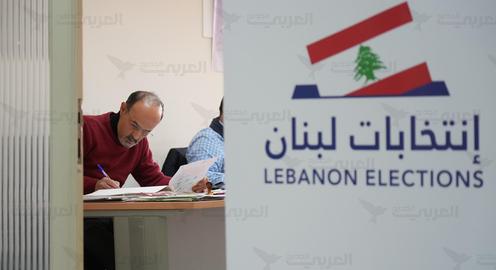
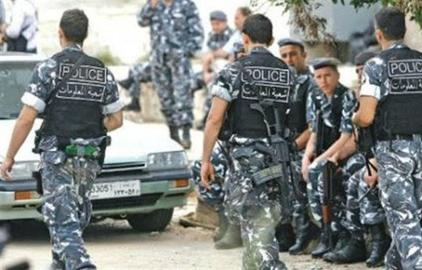
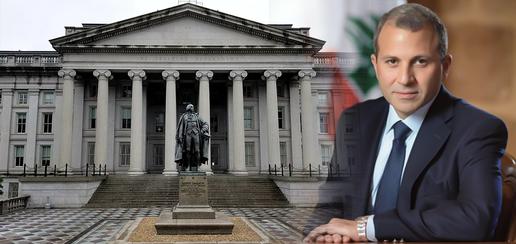
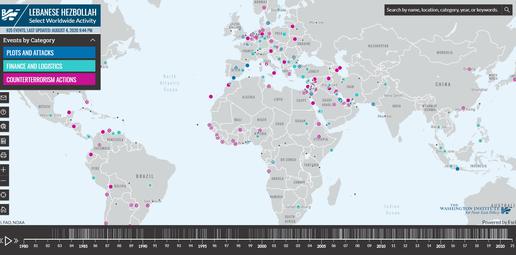
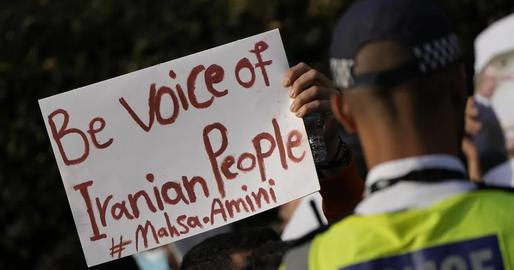
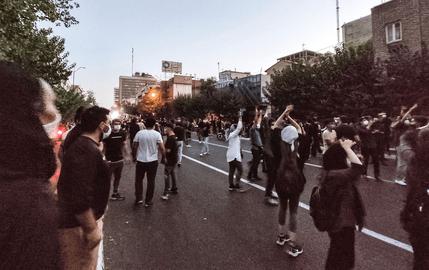
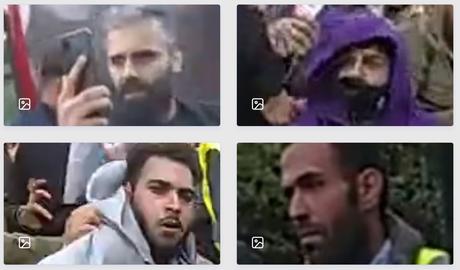

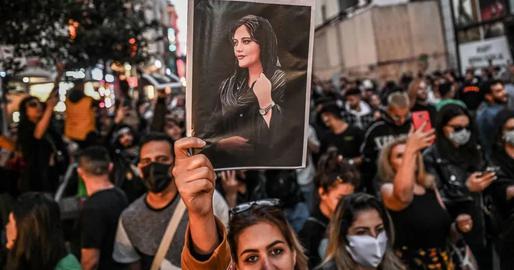
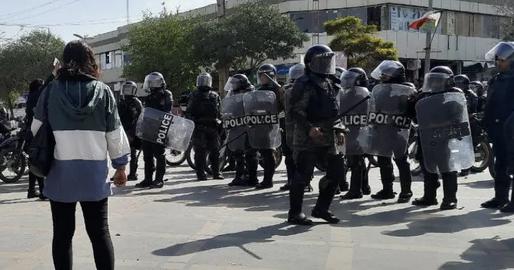
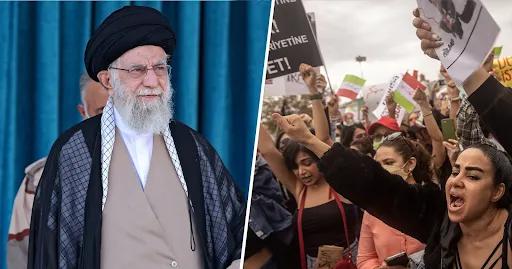
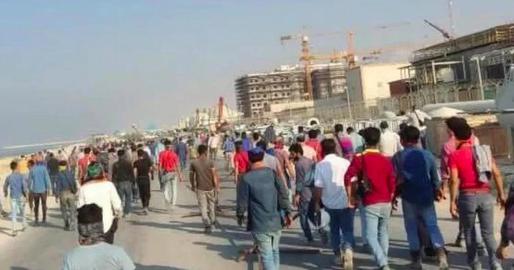
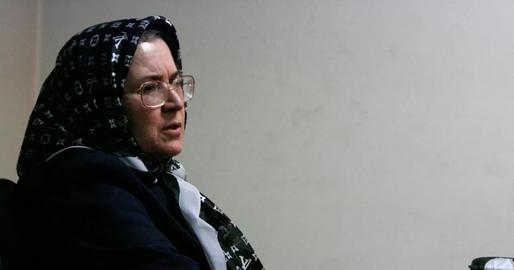
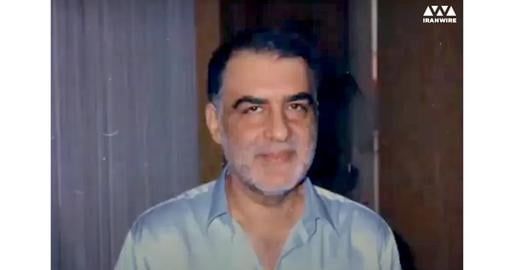
comments